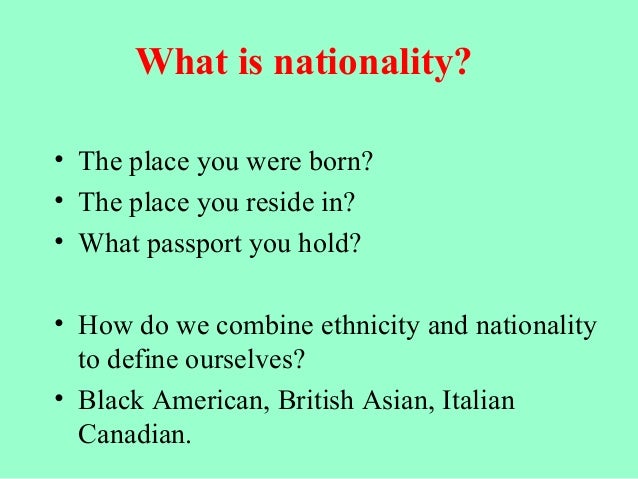

Explaining away incompatibilits intuitions. Eilan (Eds.), Agency and self-awareness (pp. The sense of agency: Awareness and ownership of action. Time of conscious intention to act in relation to onset of cerebral activity (readiness potential): The unconscious initiation of a freely voluntary act. Electroencephalography & Clinical Neurophysiology, 54, 322–325. Readiness potentials preceding unrestricted spontaneous pre-planned voluntary acts.
#Common notion definition free
Do we have free will? Journal of Consciousness Studies, 6(8–9), 47–57.

Australasian Journal of Philosophy, 50(3), 207–215. Psychological and theoretical identifications. Australasian Journal of Philosophy, 91(2), 211–229. Journal of Cognitive Neuroscience, 19, 81–90. Manipulating the experience onset of Intention after action execution. From metaphysics to ethics: A defence of conceptual analysis. Philosophical Transactions of the Royal Society, B: Biological Sciences, 359(1451), 1775–1785. For the law, neuroscience changes nothing and everything. Journal of Experimental Psychology: Applied, 10(1), 42–54. Attending to the execution of complex sensorimotor skills: Expertise differences, choking, and slumps. Etiological paradigms of depression: The relationship between perceived causes, empowerment, treatment preferences, and stigma. American Medical Association Journal of Ethics, 14, 489–493. Determinism and advances in neuroscience. Consciousness and the brain: Deciphering how the brain codes our thoughts. Journal of Neurology, Neurosurgery, and Psychiatry, 55, 964–966.ĭehaene, S. Focal transcranial magnetic stimulation and response bias in a forced-choice task. P., Pascual-Leone, A., Valls-Solé, J., Cohen, L. Journal of Social and Clinical Psychology, 27(5), 447–470.īrasil-Neto, J. Education and mental health stigma: The effects of attribution, biased assimilation, and attitude polarization. Psychological Science, 20, 17–21.īoysen, G. We infer rather than perceive the moment we decided to act. This process is experimental and the keywords may be updated as the learning algorithm improves.īanks, W. These keywords were added by machine and not by the authors. I further argue that any concept of free will requires endorsement of a particular background theory and because of that I question whether any such concept can be properly characterized as common sense. After assessing calls for the elimination of the commonsense concept of free will, I conclude that the incompatibility between the two notions rests on an unfavorable characterization of commonsense free will. In this chapter, I also tackle the purported incompatibility between free will and scientific determinism. Based on that, I argue against the view that volition must be conscious. Additionally, I argue for the claim that unconscious processes play a role in the formation of conscious volitions.

I dispute the idea that the common view of free will requires conscious willing. In this chapter, I assess arguments that unconscious brain activity is a threat to the common notion of free will. This in turn is taken to indicate that unconscious brain activity is the cause of action and not conscious willing.

A number of studies within the domain of neuroscience have shown that conscious awareness of the decision to perform an action is preceded by unconscious activity in the brain.


 0 kommentar(er)
0 kommentar(er)
